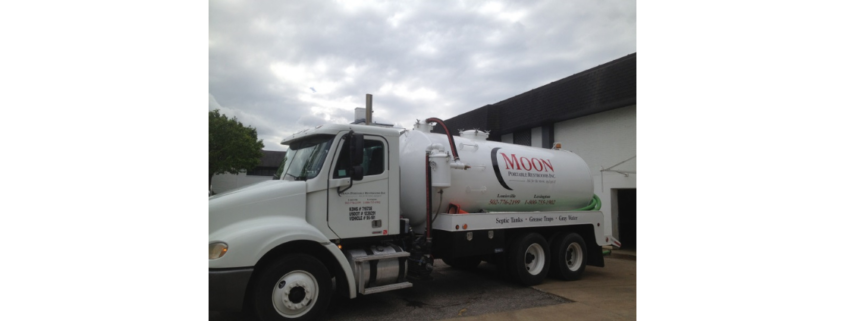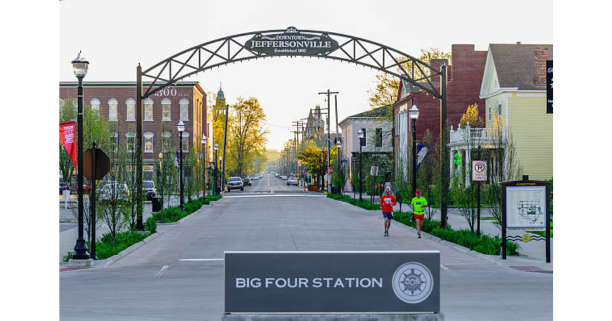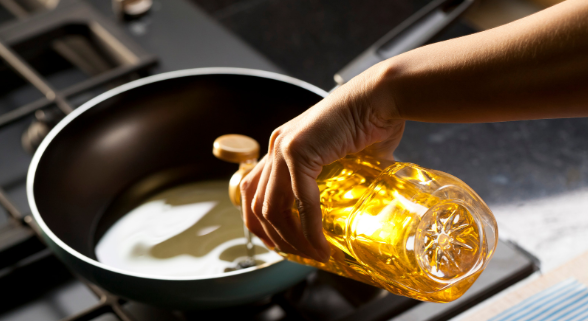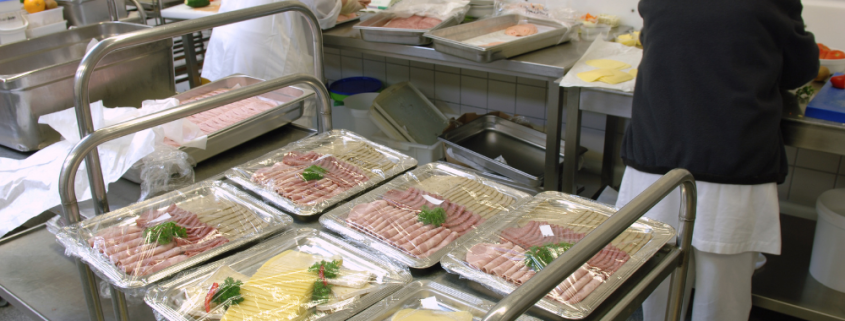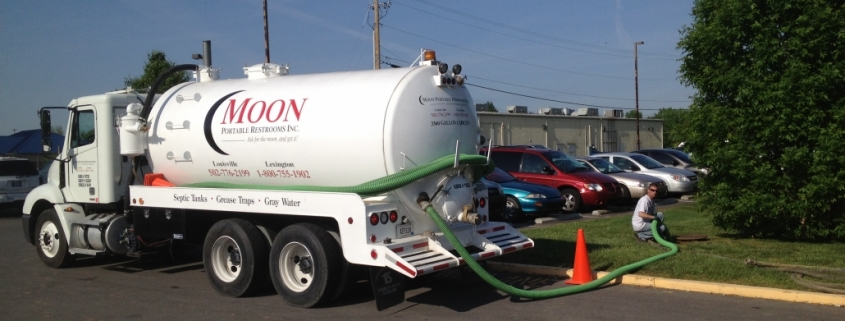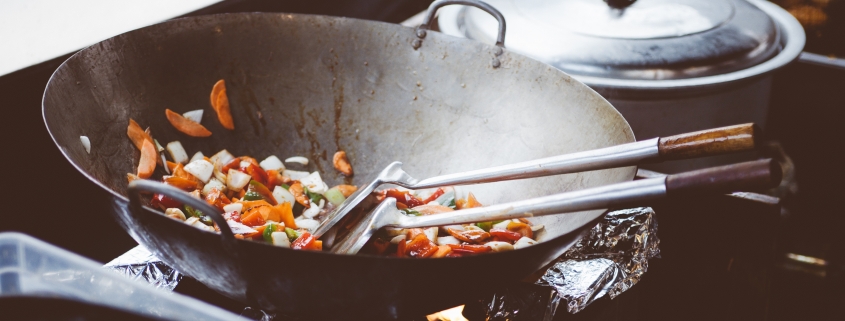Fayette County Grease Trap Cleaning
Fayette County is part of central Kentucky, which is a consolidation of the city of Lexington. These areas make up the Lexington-Fayette KY Metropolitan Statistical Area. With 322,570 citizens as of the 2020 census as well as thousands of students enrolling in secondary education programs at institutions like the University of Kentucky, Midway College, and Sullivan University, Fayette County caters to several demographics. Its beautiful outdoor scene draws couples-to-be to wedding venues, while sports fanatics meet before games all around the county. Moon Grease Trap Cleaning has been serving the area for years, and we’re proud to be the best Fayette County Grease Trap Cleaning service that restaurants, cafeterias, food courts, concession stands, and venue kitchens can get!
Fayette County Grease Trap Cleaning for Restaurants and Commercial Kitchens
Sharing government with Lexington, every brown grease-producing establishment is subject to the city’s grease interceptor requirements. These requirements are to help minimize the amount of FOG (fats, oil, and grease) going into your grease interceptor equipment and the city’s sewer system.
They have a list of grease trap and grease interceptor requirements, such as:
- The LFUCG Water Quality must approve all grease traps and interceptors before installation. This ensures that the interceptor meets sizing requirements, construction standards, and plumbing codes.
- The following information must be submitted to Water Quality, Compliance and Monitoring section to obtain approval and be issued a grease interceptor permit.
- Proposed interceptor location
- Proposed size of grease interceptor
- Detailed drawing of interceptor and piping
- Number and type of fixtures proposed to be attached
- After approval, the facility will be issued a grease interceptor permit and installation of the grease interceptor may commence. Water Quality will inspect the grease interceptor after installation is complete. The grease interceptor permit must be kept on file at the facility.
Fayette County Grease Trap Cleaning Maintenance
Additionally, the city has design, maintenance, record keeping, and code of ordinance requirements that grease trapping equipment and establishments need to adhere to. Moon Grease Trap Cleaning has served the area for years, and is a member of the Kentucky Restaurant Association (KRC) in addition to being a certified grease hauler. We know the health code laws, and are practiced in safe, environmentally-friendly grease disposal methods. That is why we keep an extra copy of your records because we know how important they are to maintaining a food business in Fayette County. We have your back!
Our knowledge and expertise extends to all parts of the maintenance requirements, which include:
- External grease interceptors be cleaned no less than once every six months. However, the necessary frequency of cleaning will vary greatly depending on the nature of the establishment.
- Factors such as types of food, cooking methods, cleaning techniques and carry-out verses dine-in will determine the grease volume discharged.
- Facilities with high grease loadings may have to clean their interceptors as often as monthly.
- Facilities with under-sized internal grease interceptors are required to clean at least weekly or possibly daily.
- To properly clean a grease interceptor, the entire contents (liquids and solids) must be pumped out. Leaving accumulated solids in the bottom of grease interceptors can lead to short circuiting and reduced retention times, as well as, very unpleasant odors.
- Maintenance of external large capacity grease interceptors should be performed by qualified grease or septic haulers- that’s Moon!
Fayette County and Lexington, KY Best Management Practices for FSEs
When it comes to smaller, internal grease traps that require cleaning on a daily or weekly basis, there are several steps that businesses can take to reduce the buildup of fats, oils, and grease (FOG). By implementing proper waste disposal practices, businesses can prevent excess FOG from entering the trap. Regular maintenance and monitoring of the grease trap can help keep it functioning efficiently, reducing the frequency of cleanings and minimizing the risk of clogs. These best practices also keep your equipment in better working order. Following them not only saves you time, but money, effort, and future headaches, too!
- Train kitchen staff to make them aware of what issues can result from FOG in the sewer system. Let them know about the potential violations and fines, as well as methods to mitigate grease entering the pipes.
- Post “no grease” signs around your kitchens, especially in hotspot areas such as sinks and dishwashers.
- Dry wipe or scrape pots, pans and dishware prior to dishwashing to dispose of FOG in the garbage instead of the drains. Fats, oils, and grease will cause significantly less environmental issues in the garbage as opposed to the waterways.
- Do not dispose of waste food through a garbage disposal since the food scraps will take up space in the grease trap or interceptor. By disposing of food waste in the trash or compost, you leave that space in the grease collection equipment for stray FOG.
- Clean grease interceptor routinely and keep records to recognize patterns, comply with health codes, and ensure optimal grease trap performance.
- Witness cleaning and maintenance events to guarantee that they are done correctly and learn the process if you do not know it.
- Inspect the grease interceptor during maintenance to ensure there are no leaks and that the different part are secure.
Moon is the #1 Fayette County Grease Trap Cleaning Service
Moon makes sure that we always have the proper certifications and permits to serve the food service establishments of Lexington, KY. Our grease trap cleaning service is available to any business that generates brown grease and/or other food process waste as part of their operation, such as:
- Restaurants, cafes, and bakeries
- Catering services
- In-house hotel or event venue restaurants
- Food marts and grocery stores
- Hotels
- Pubs and bars
- Stadiums
- Schools and colleges
- Cafeterias
- Daycare facilities
- Hospitals
- Food service establishments
- Commercial cafeterias
- Food processors
Moon Companies
Moon Grease Trap Cleaning is a part of Moon Companies. We offer a wide variety of trade services for the citizens and businesses of Louisville, KY, Lexington, KY, Southern Indiana, and the surrounding areas.
- Shipping Container Rentals: For those looking to buy or rent new or used shipping containers, Moon Trailer Leasing has a large selection of one-trip Conex boxes, as well as pre-fabricated portable offices.
- Portapotty Rentals: Rent out restrooms, luxury bathroom trailers, commercial shower trailers, and handwashing stations from Moon Portable Restrooms for your next construction site or outdoor event.
- Dumpster Rentals: Moon Mini Dumpsters delivers roll-off dumpsters directly to your home or business and then hauls away your trash for you.
- Refrigerated Container Rentals: For refrigerated containers rentals in Louisville, KY, contact Moon Refrigeration about our ready-to-go reefer containers.
- Portable Storage Units: Go Minis KY is a premier storage choice that offers an onsite storage, location-to-location moving services, and secure warehouse storage
- Grease Trap and Interceptor Cleaning: Keep your restaurant up to regulation and schedule your restaurant’s grease trap cleanings with Moon Grease Trap Cleaning.

